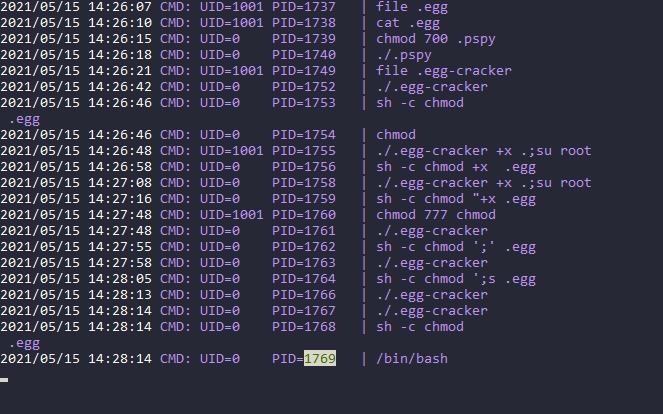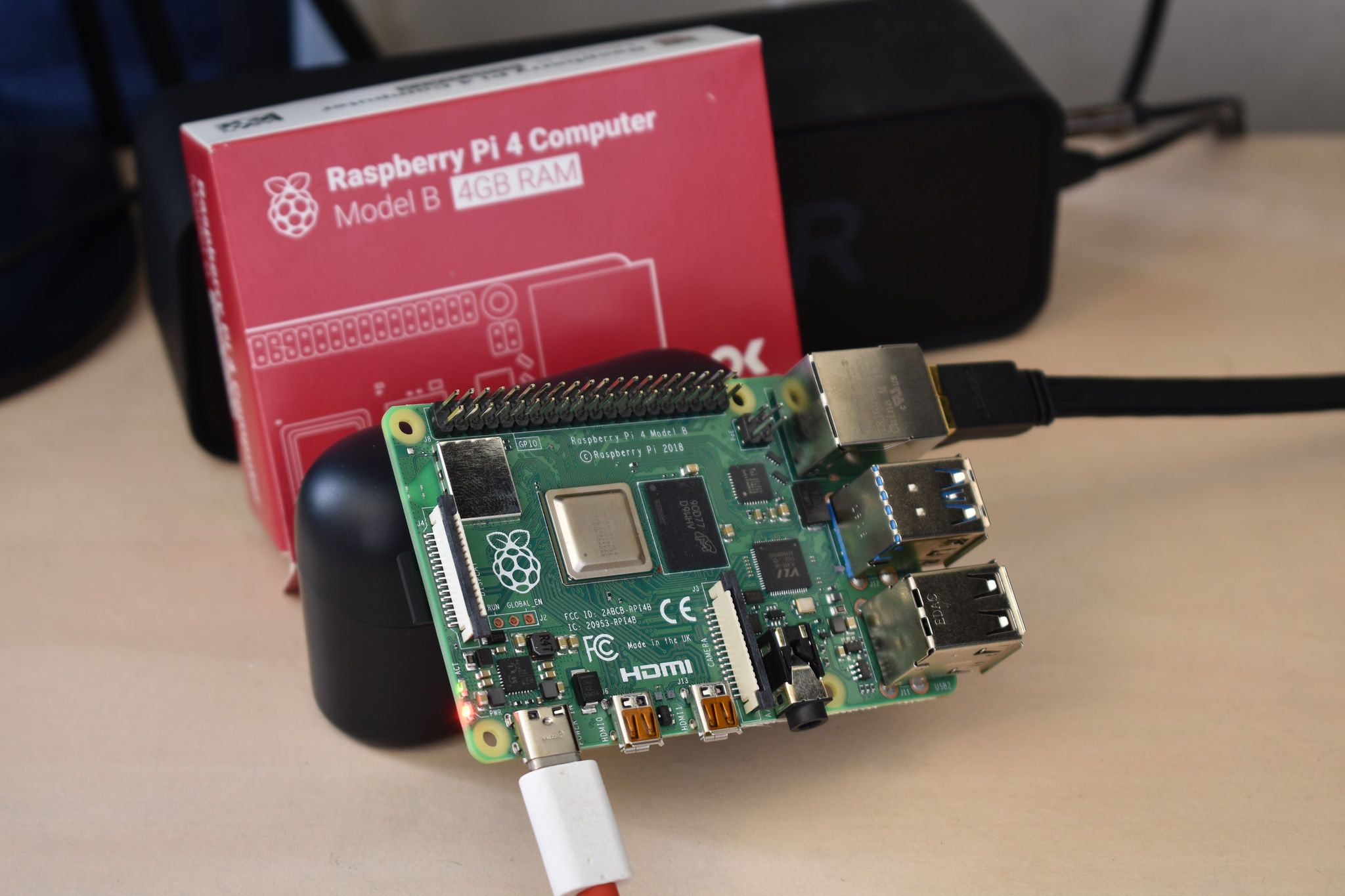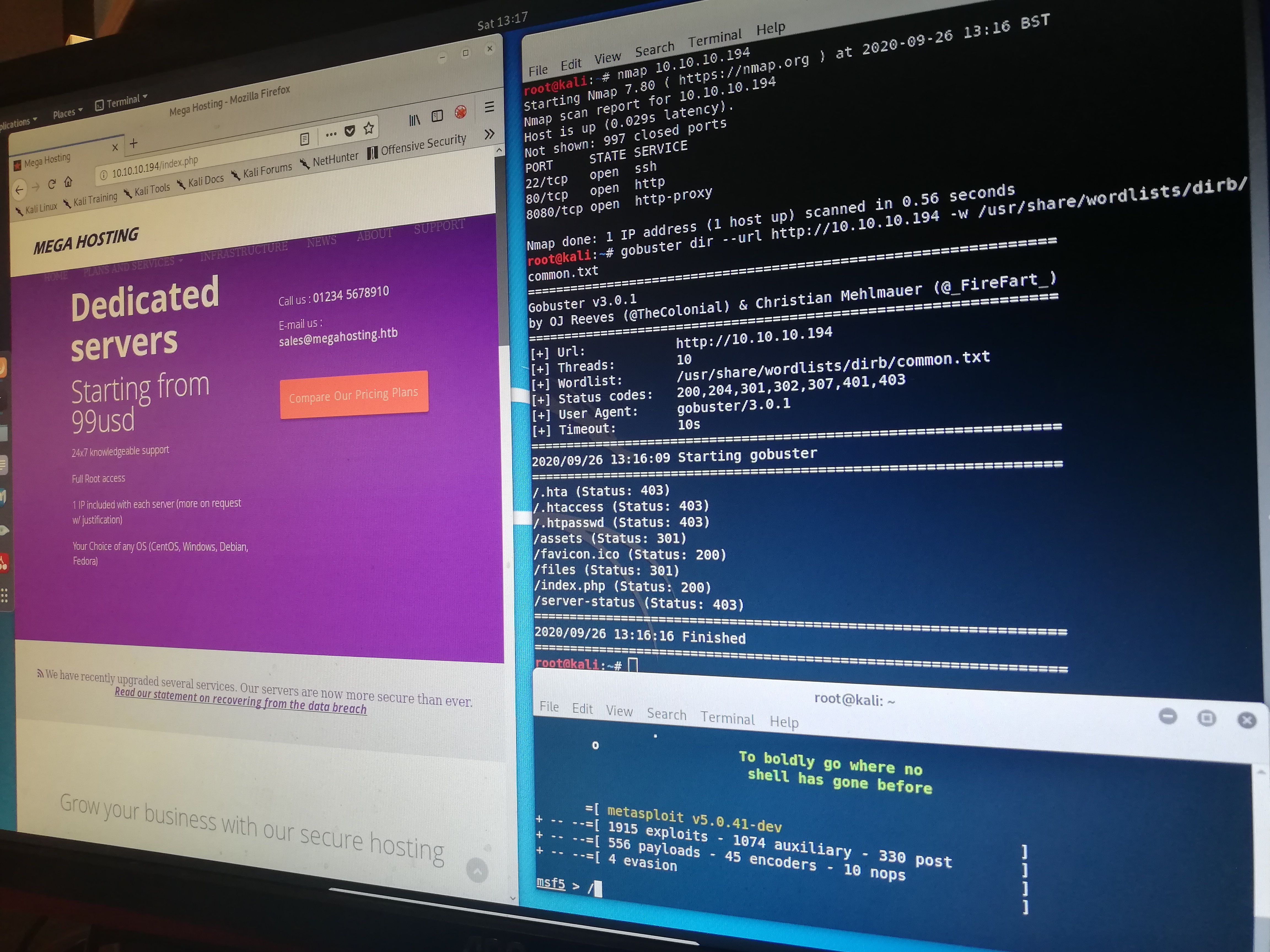We are SESH - University of Sheffield's Ethical Student Hackers Society

We'll teach you all the theory, including web application attacks and buffer overflows.
And we'll go from the theory to applying it to ethical hacking!
To teach you this we do live demos, CTF challenges, theory lectures, worksheets and more!
We formed in 2018
We're also always trying to expand our links with industry, and have some fun guest talks planned this year!
Scroll down to find out more about our society, or jump to our list of upcoming events or our plan for the year.
Join out Discord server here!
Code of Conduct
Before you dive in, make sure you read our Code of Conduct - if you come to any of our sessions you'll have to follow it, and it's important to make sure you work within the law when practising your Cybersecurity skills.
Join the Society
For just £4 a year, or £7 for two, you can gain access to all of our sessions, recordings, and events! Click here to join! We also offer one free session a year to non-members; simply email us at [email protected] and we'll add you to the list for that week.
What We Do
Live Demos

CTF Events

Hardware Hacking

Boot to Root Machines

